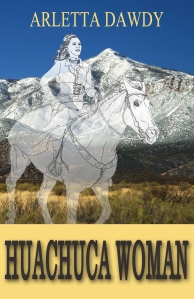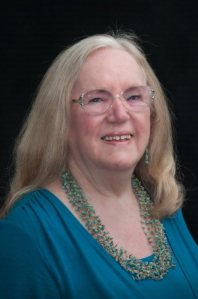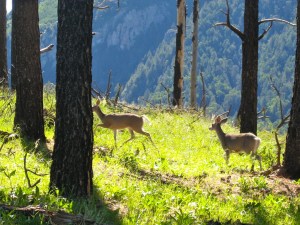Remember the bogs of Ireland or those on the moors of England in old romance novels? The one where the heroine comes to the lonesome manor to be a governess, nurse or maid only to fall for the moody master, his neighbor or maybe the groundsman. She’s lost in the mire of boggish emotions until HE comes to her rescue.
Well, I don’t see HIM rescuing this writer from her blogger’s mind-bog. If you noticed, I’ve been absent for, low, these many months and then I thought there might be hope showing on my horizon. Marlene Cullen, my editor and hostess of the Petaluma(CA) Writers’ Forum, invited local heroine/publisher//teacher Susan Bono to inspire the October gathering by “Illuminating The Essay.” Susan has published personal narratives in her famed journal, Tiny Lights, for nearly twenty years. She is an expert in the form and offers references, stimulation and inspiration freely.
Susan Bono sees five keys to writing the personal essay:
- Character: the self
- Problem: give yourself a problem
- Struggle: Problem creates conflict
- Epiphany: after struggle, a flood of new understanding
- Resolution: what you do differently as a result.
Teacher Bono calls on the work of many experts including: Phillip Lopate’s The Art of the Personal Essay; Adair Lara’s Naked, Drunk and Writing; and Louise Desalvo’s Writing as a Way of Healing. Note that many of her references specialize in memoir which Bono finds to be good resources.
As so many good instructors do, Susan had exercises for us to try out. I found them to be great fun and marveled at the variety when students chose to share. These are starter ideas, not quotes, which serve to establish the intent or direction of the essay/narrative. Here they are with a couple of my answers shared:
- I want to tell you how Steinbeck changed my life (Universal statement) and he did it twice: inspiring me to go into social work to change the world and to write.
- I’m trying to figure out how I feel about______________
- I learned about obstinence from my granddaughter-with her threats not to go to sleep, hands on hips, pursed lips…and then dissolving into tears as she gave up.
- I never expected to________________
- I will always regret not starting to write earlier.
- I never thought I’d become a person who_______________________.
I’d like to paraphrase Susan Bono’s “rules made to be broken:”
- Reader should know within 3 paragraphs what the essay is about;
- Check proportion of scene given over to real action against summary which moves reader thru time rapidly;
- Check the frame: sense of being triggered by past (memory of prior beach trip) and ends by bringing back to current event (being at beach now;)
- Use of dialogue brings others into the event;
- Use restraint when writing difficult themes as with violence, abuse . . . need not be gory to make point;
- End or resolve with action or gesture as opposed to flowery words;
- In cover letter, don’t evaluate/praise your own writing nor interpret it.
Challenge yourself
Try answering Susan’s six openers
For more information about Susan Bono and Tiny Lights: www.tiny-lights.com
For Marlene Cullen’s many cheerleading efforts on behalf of writers: http://www.thewritespot.us











